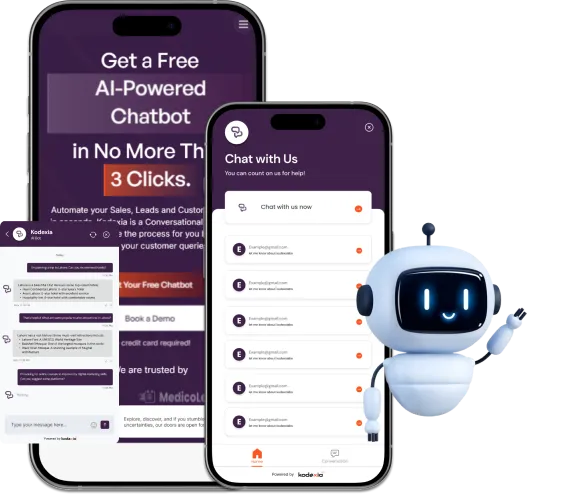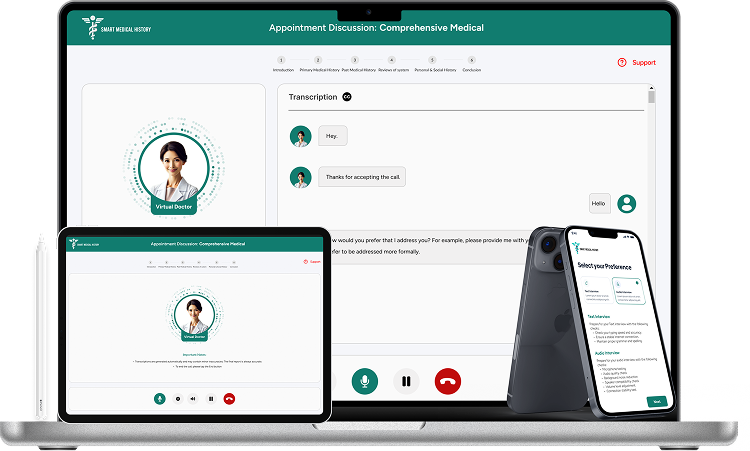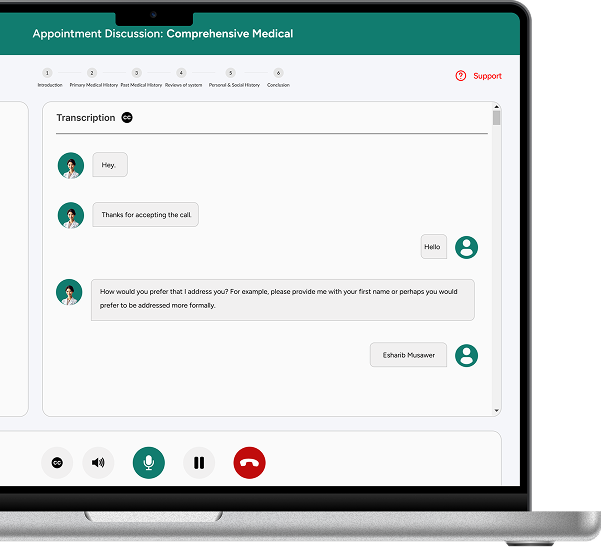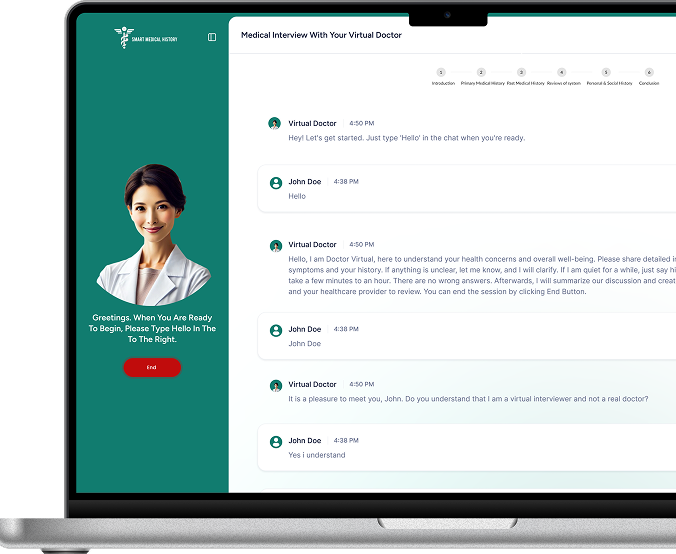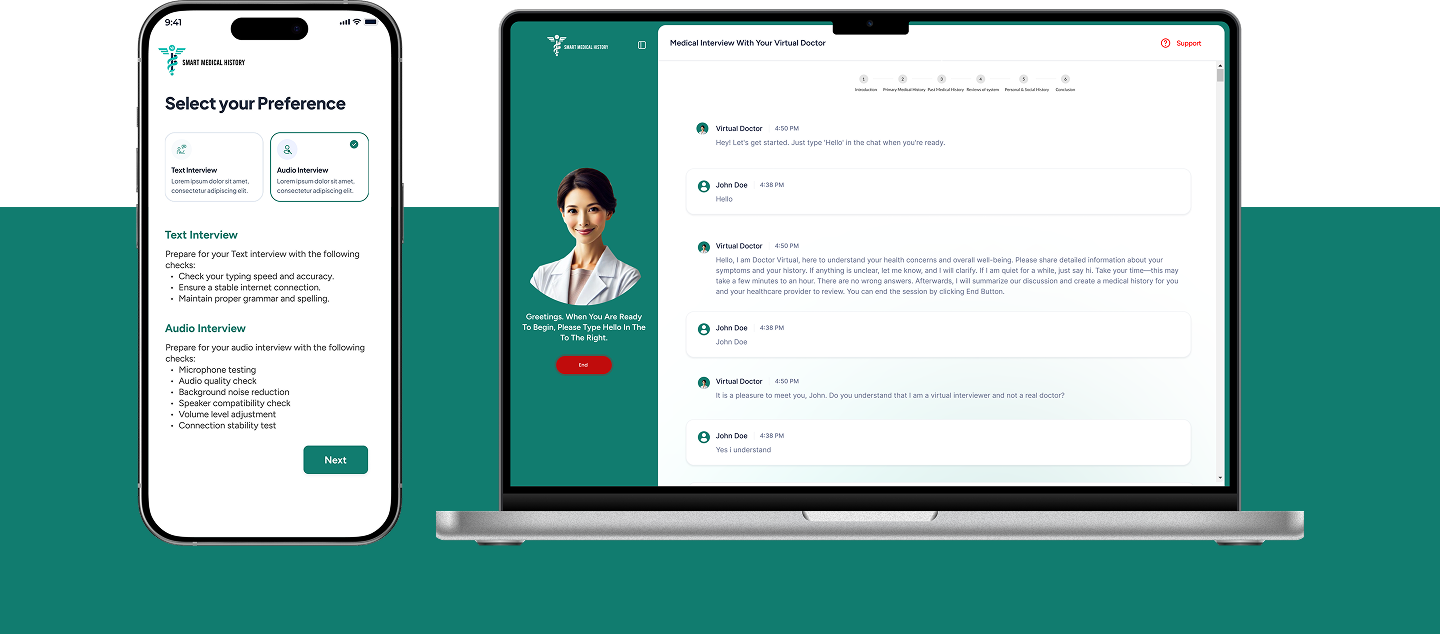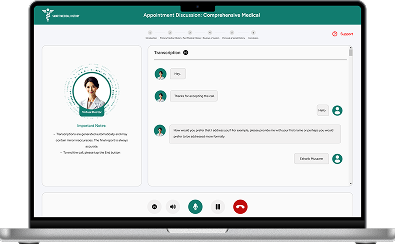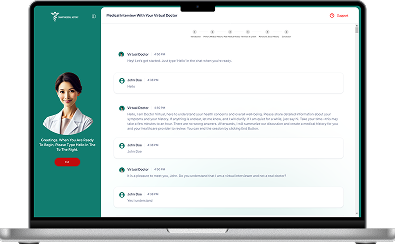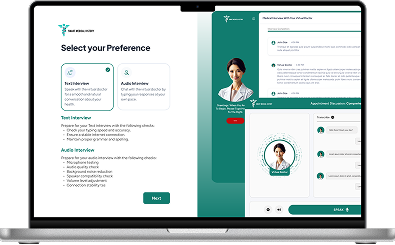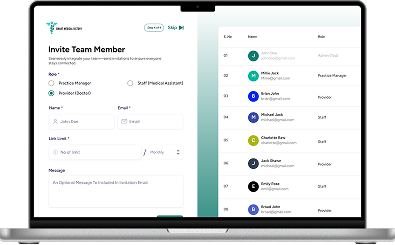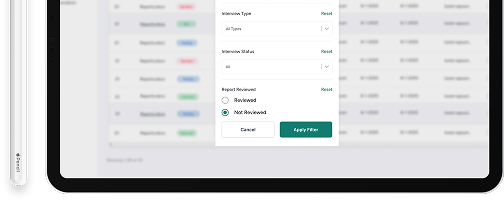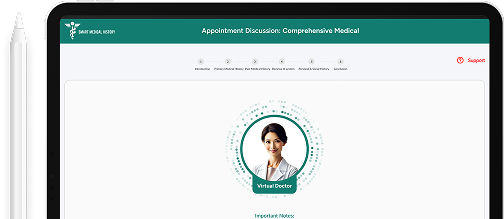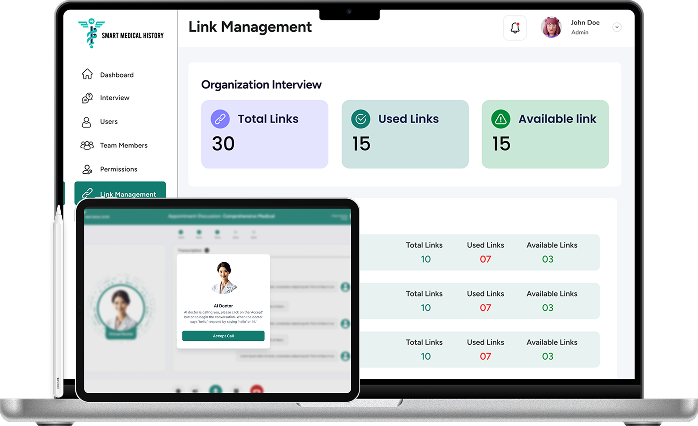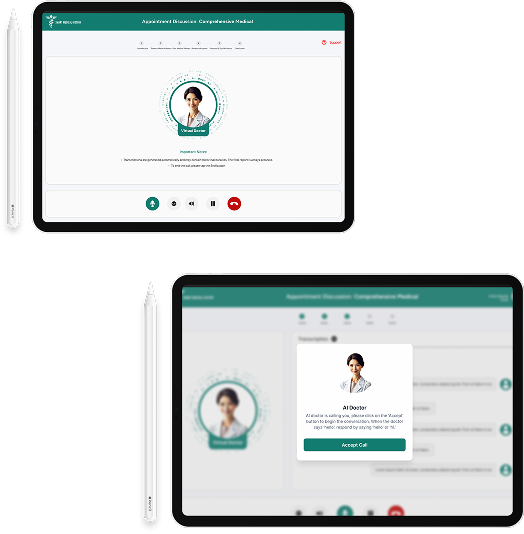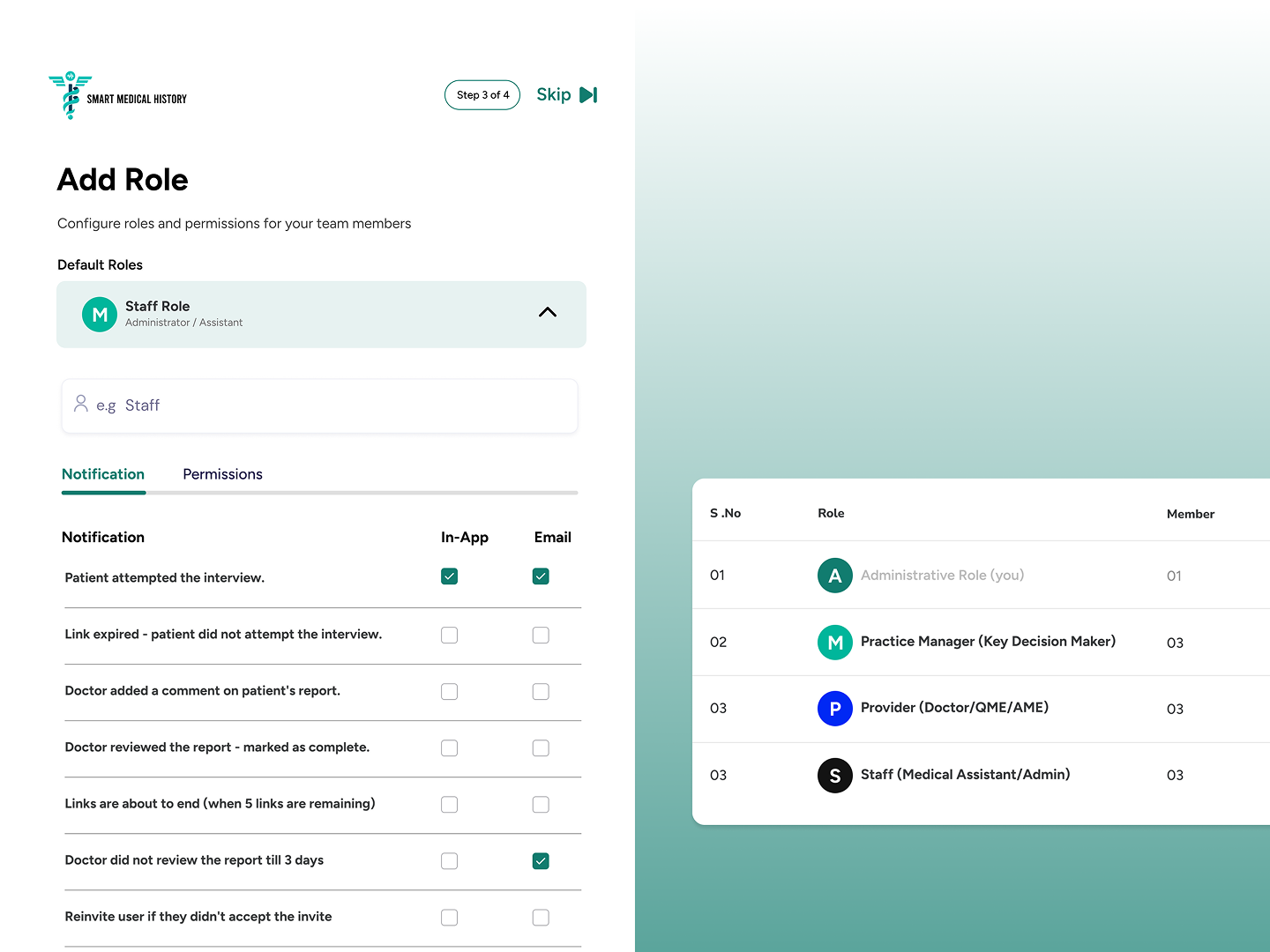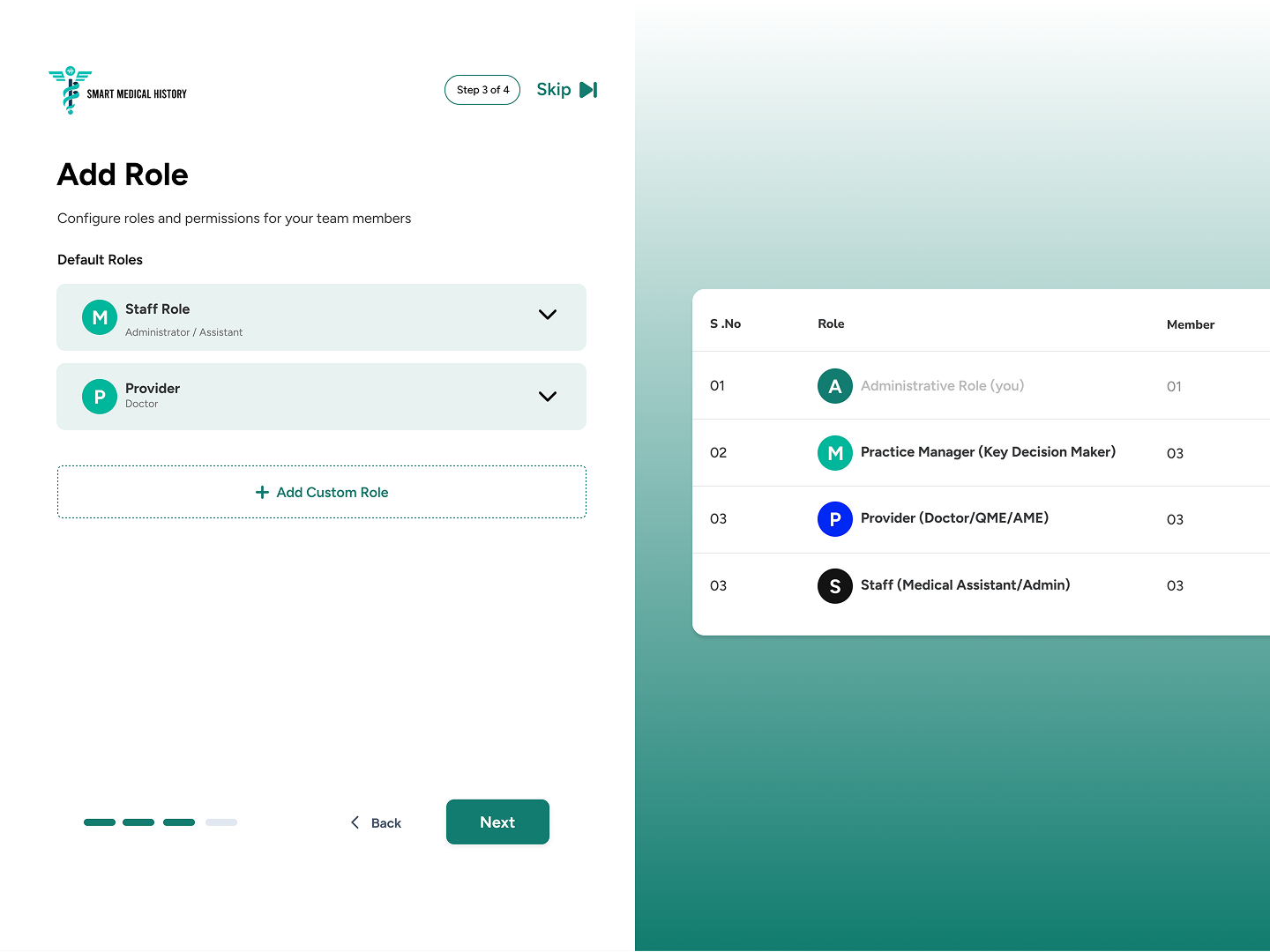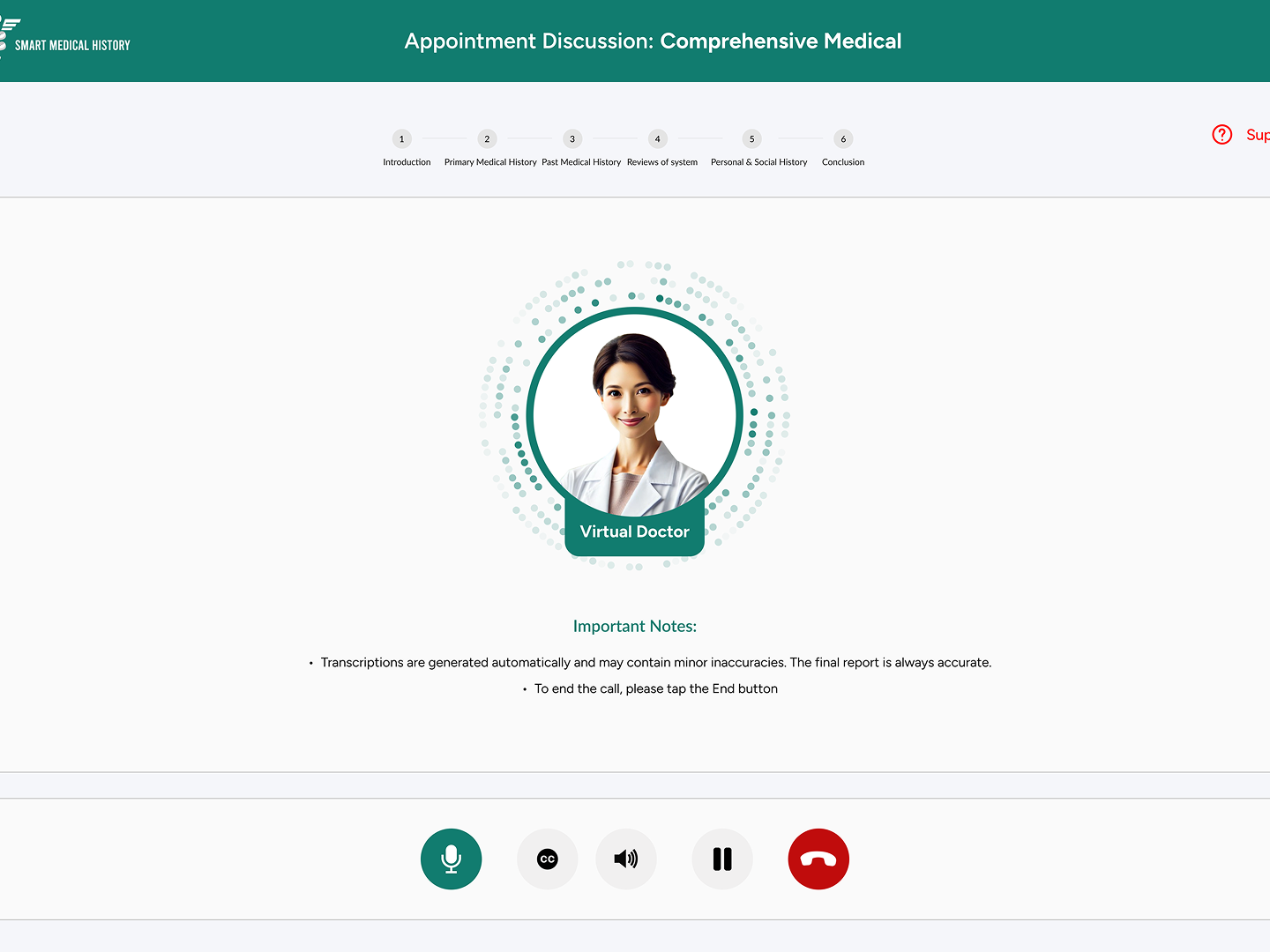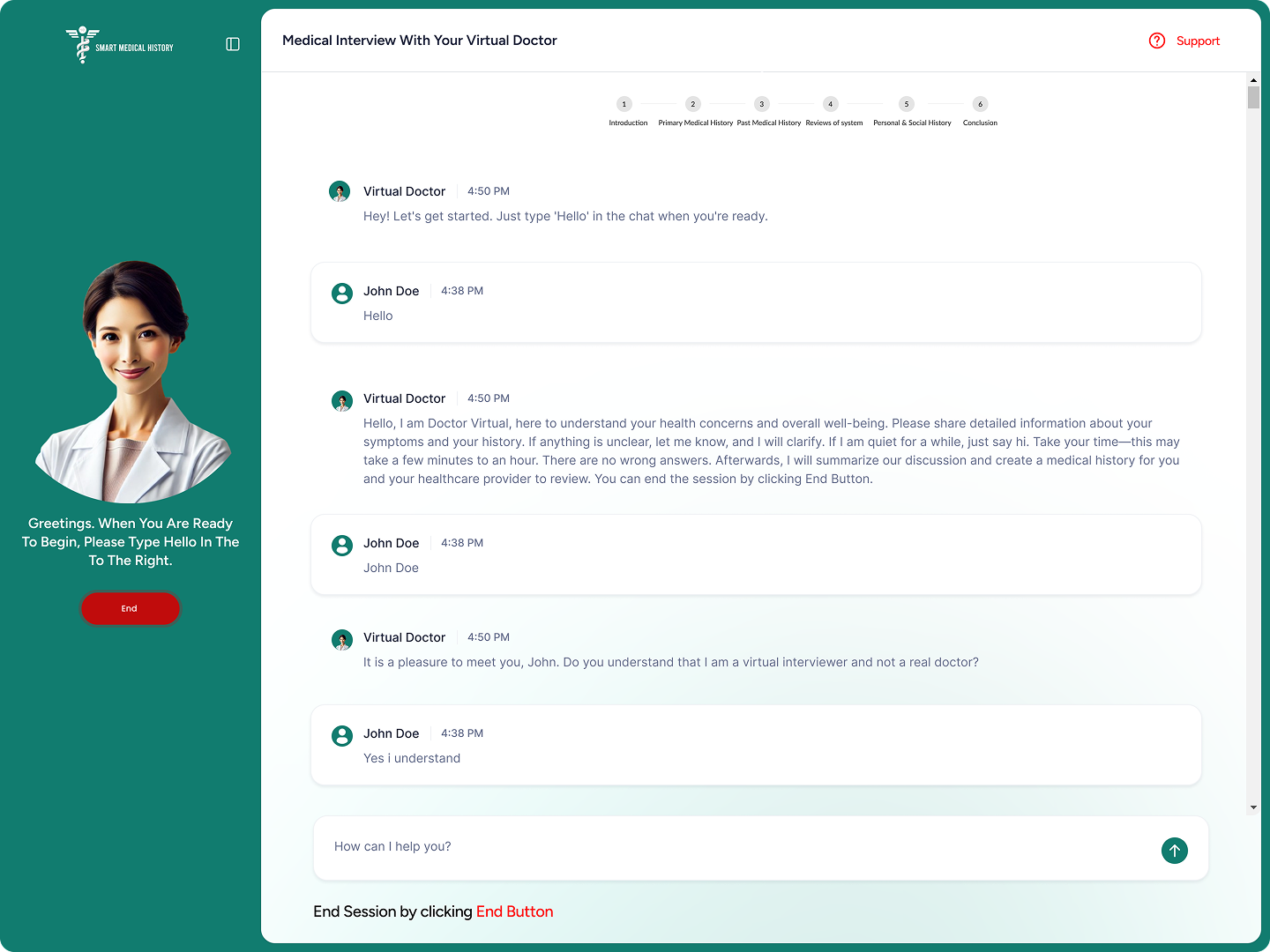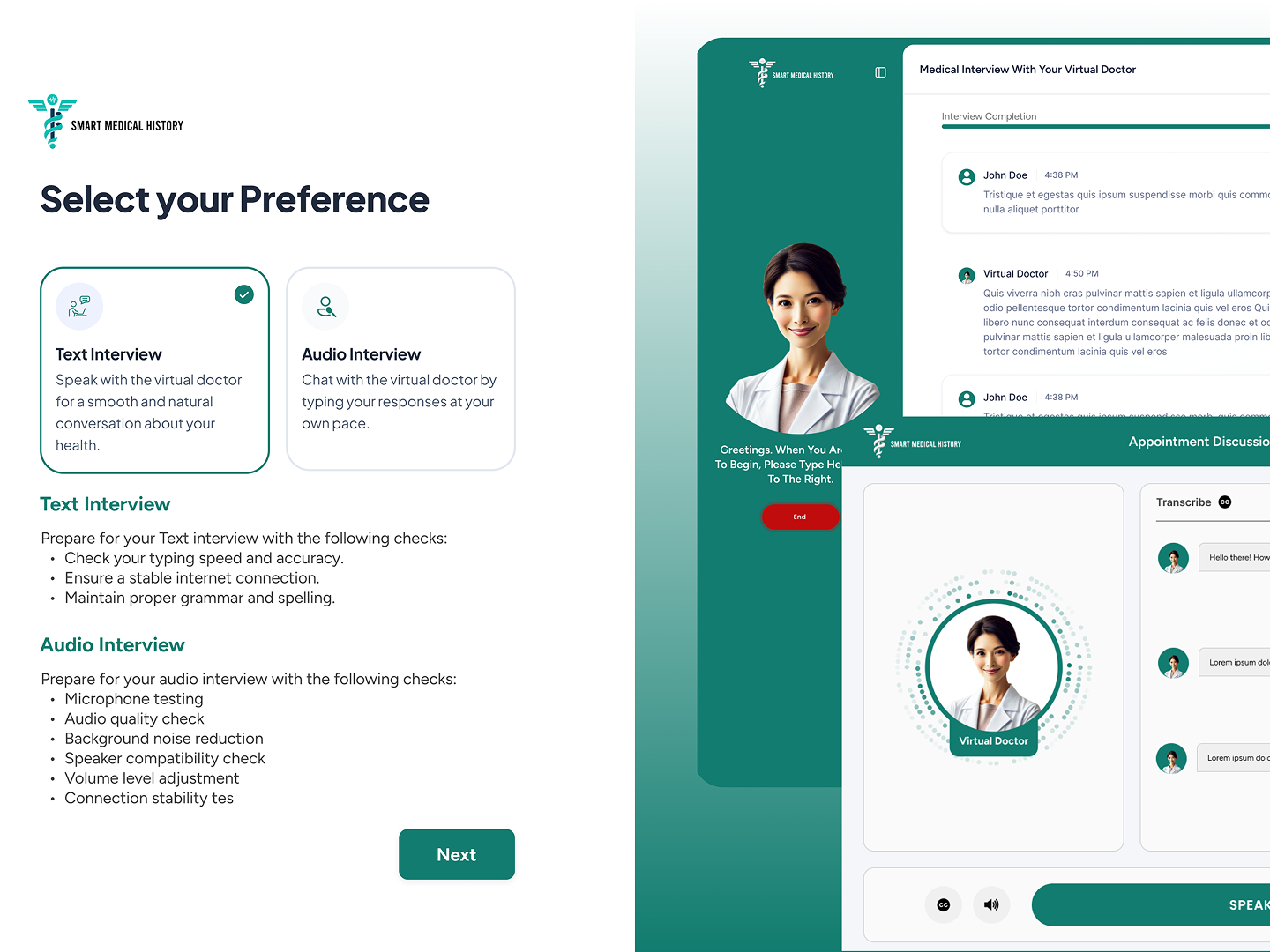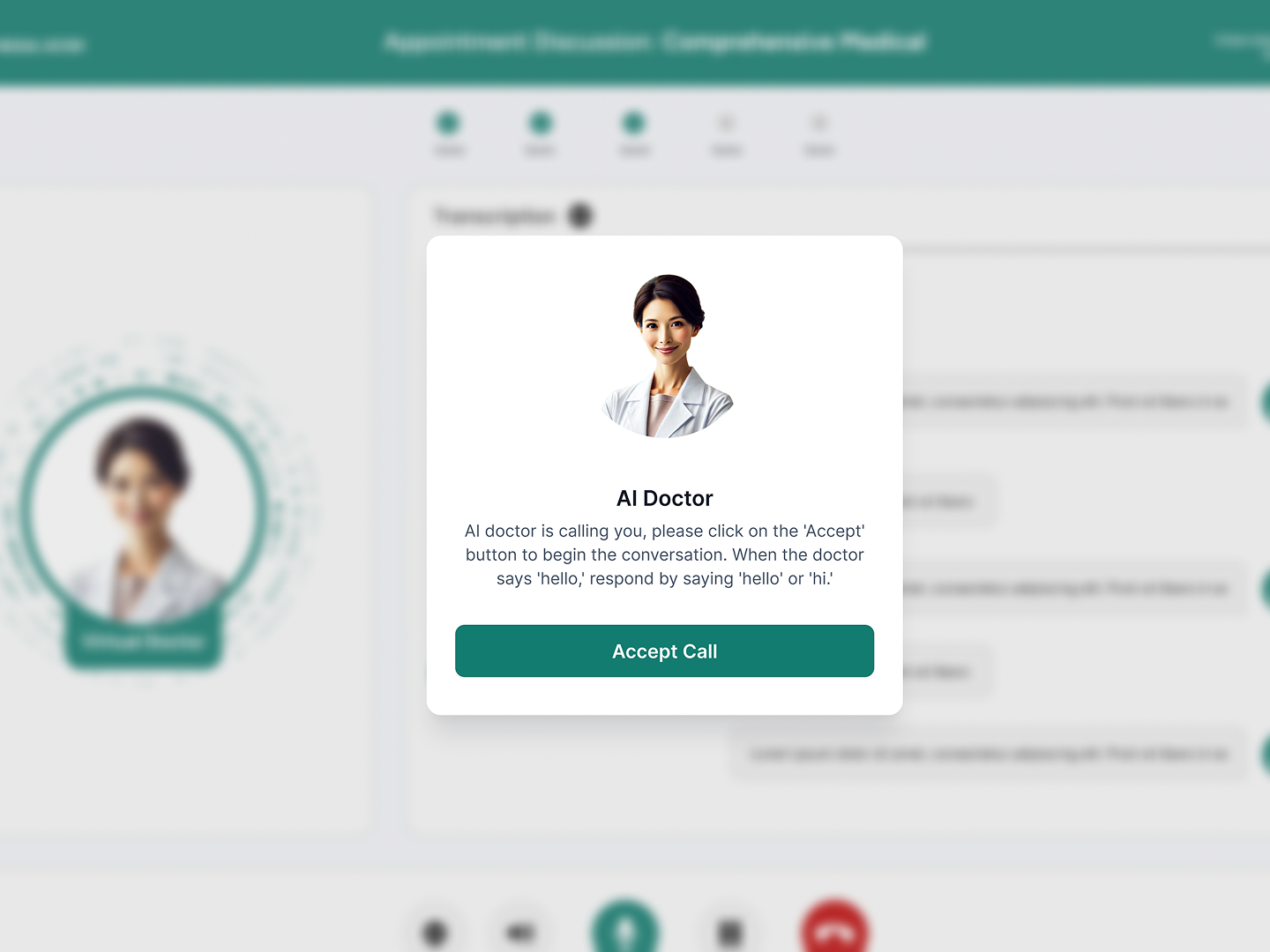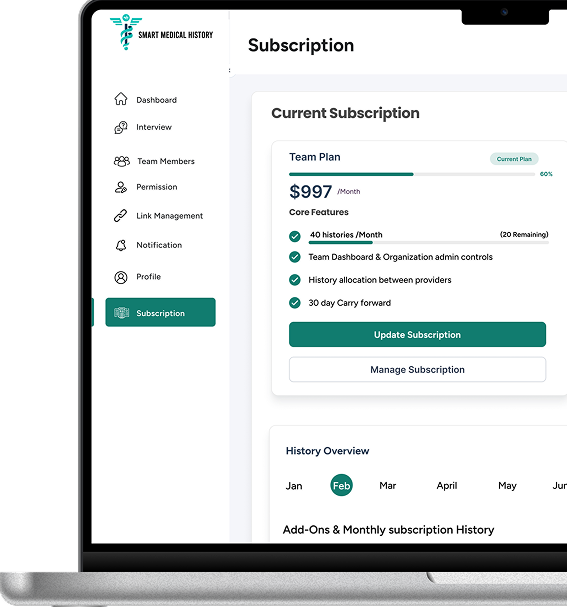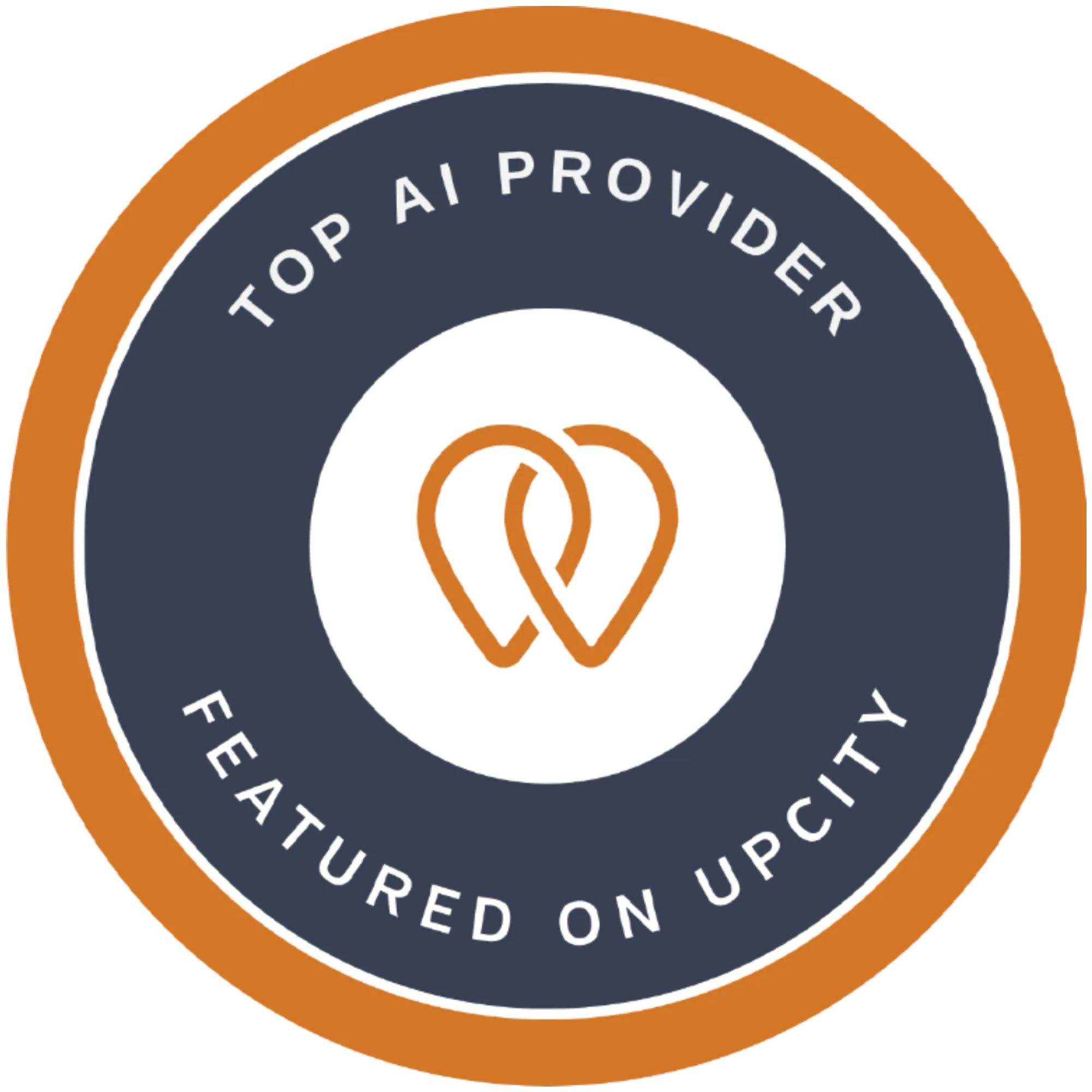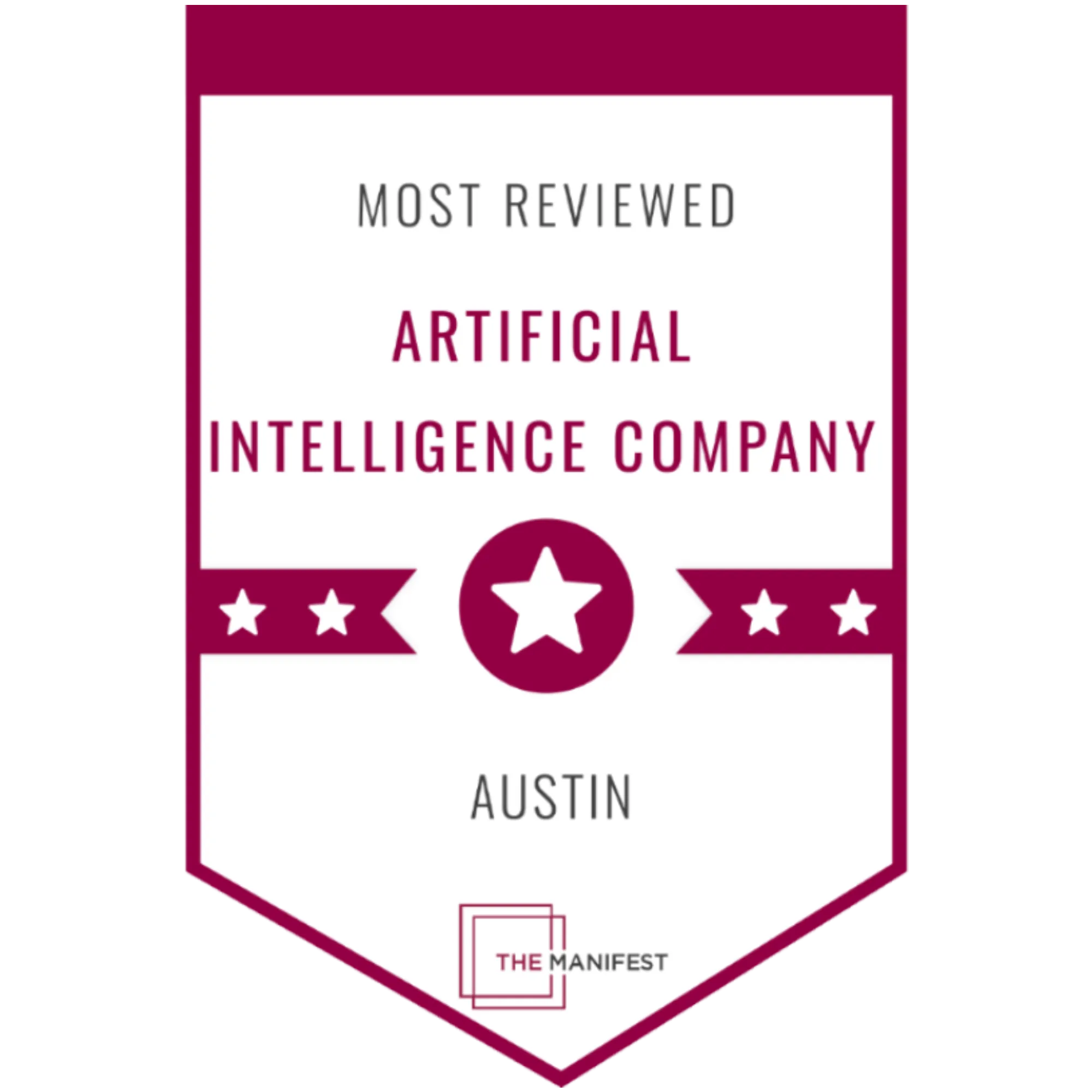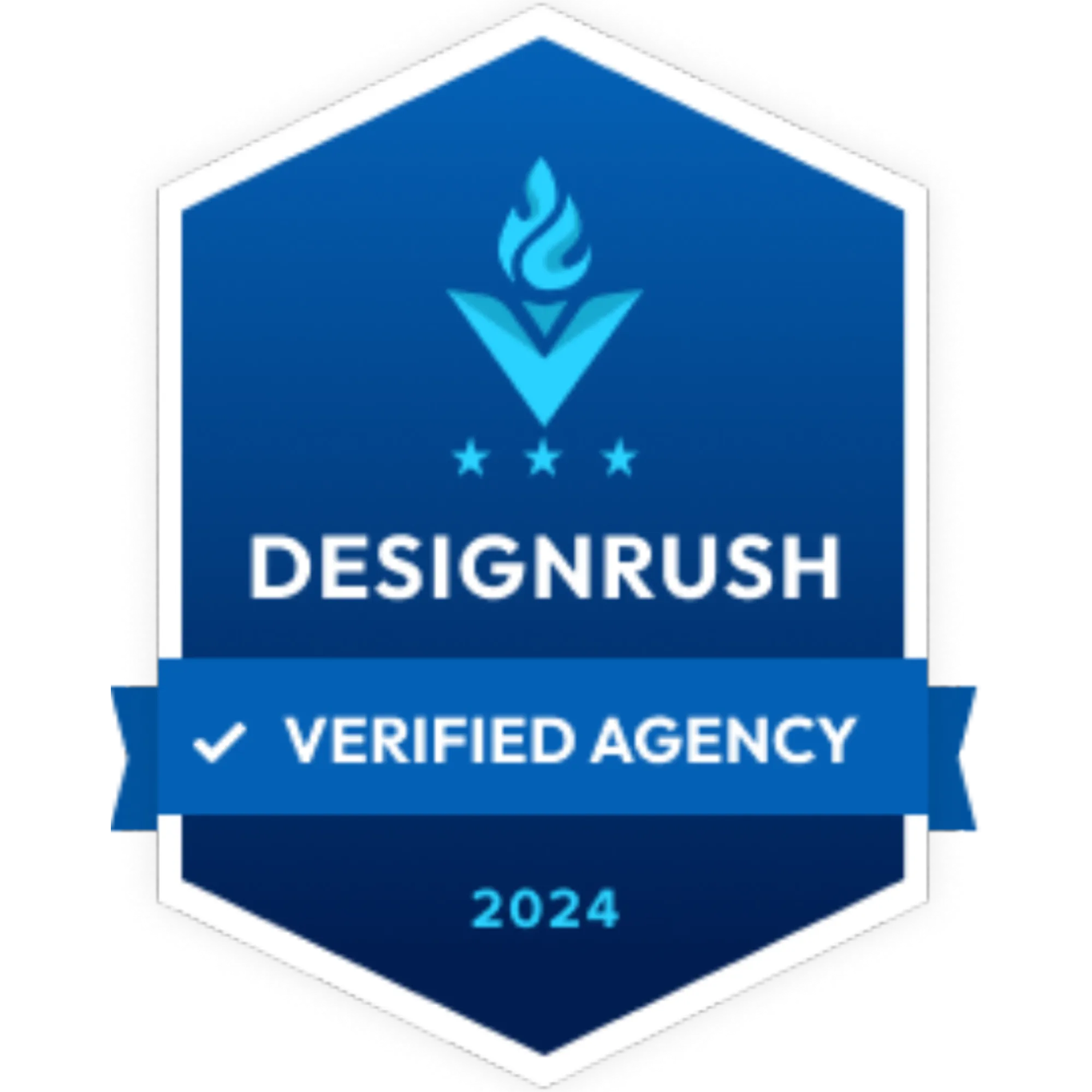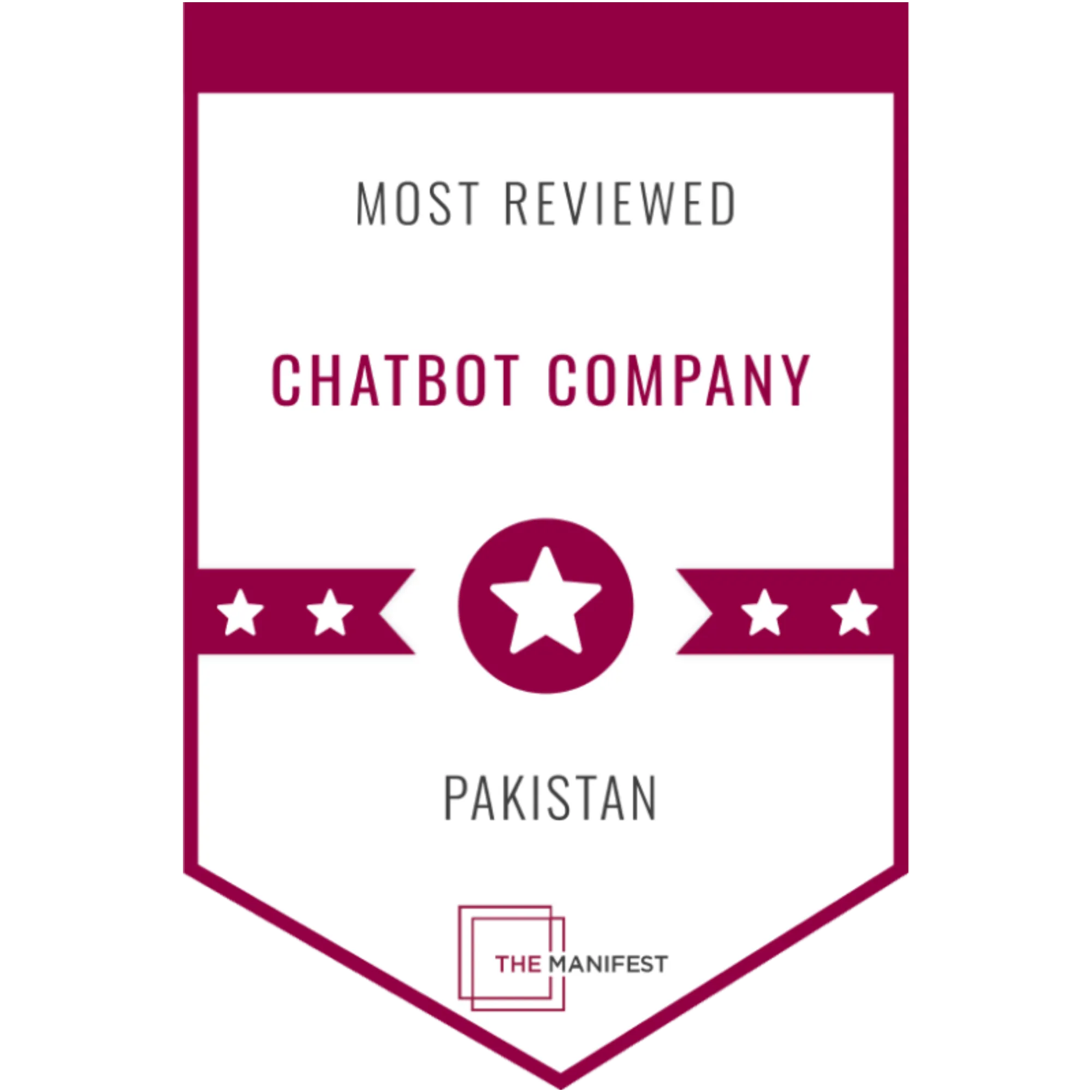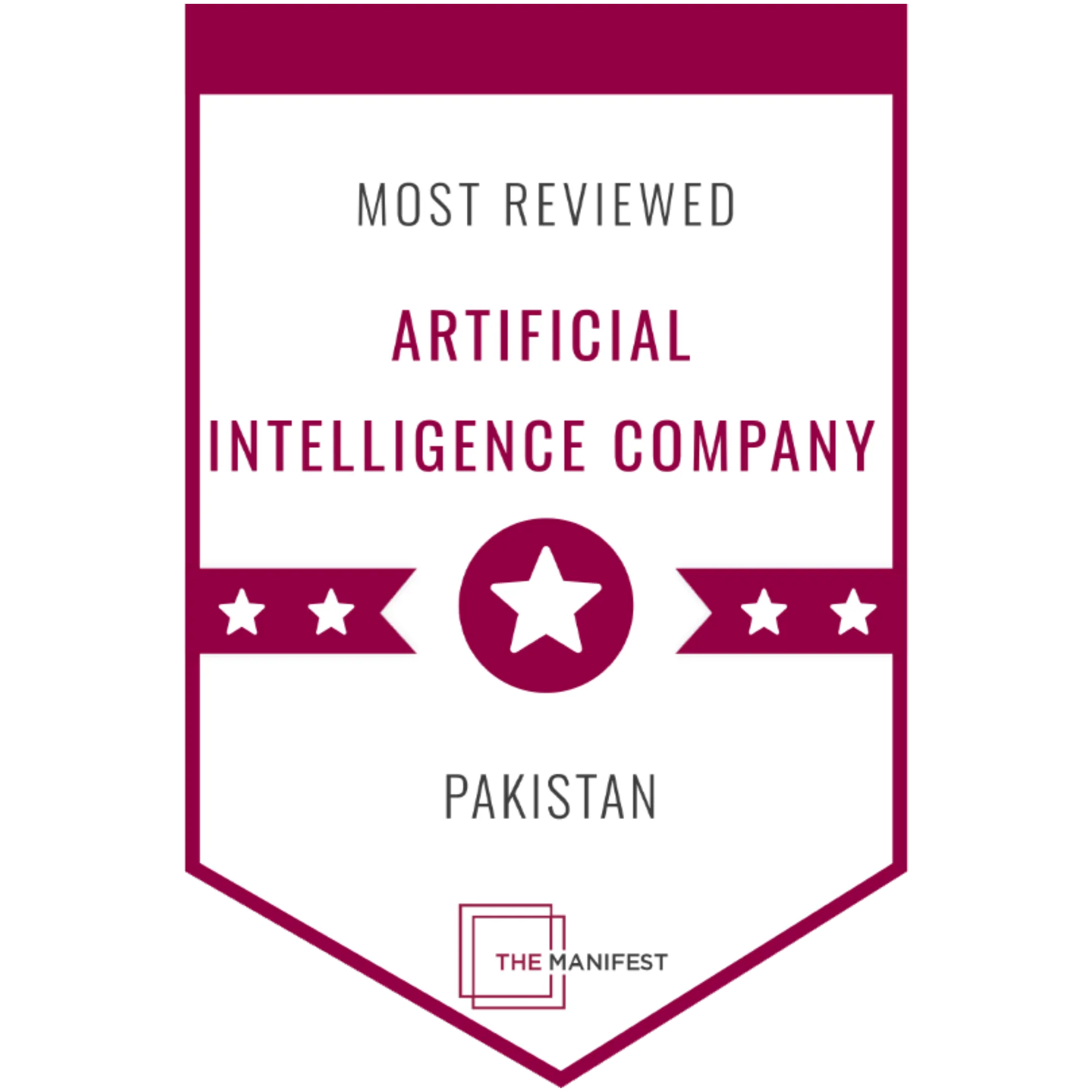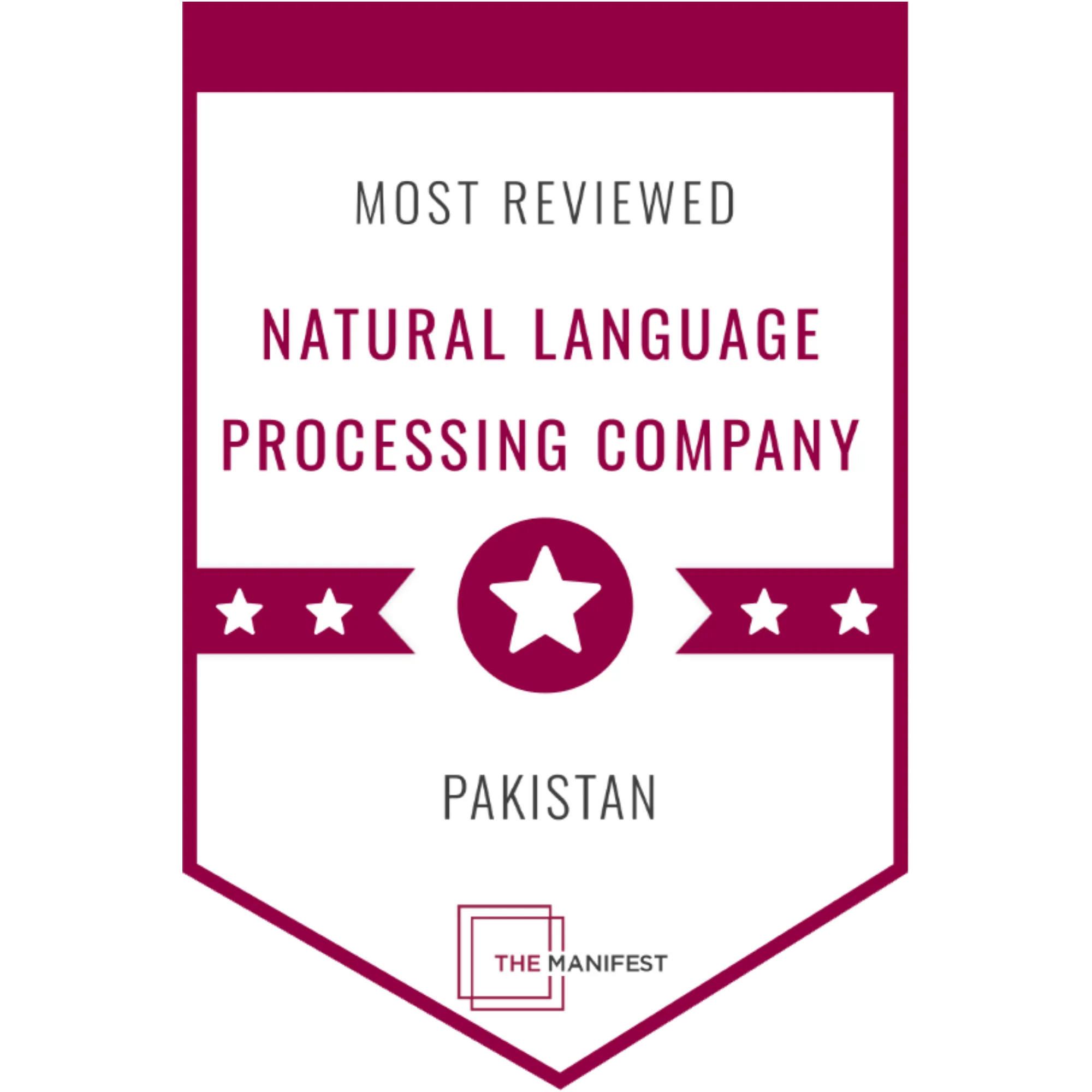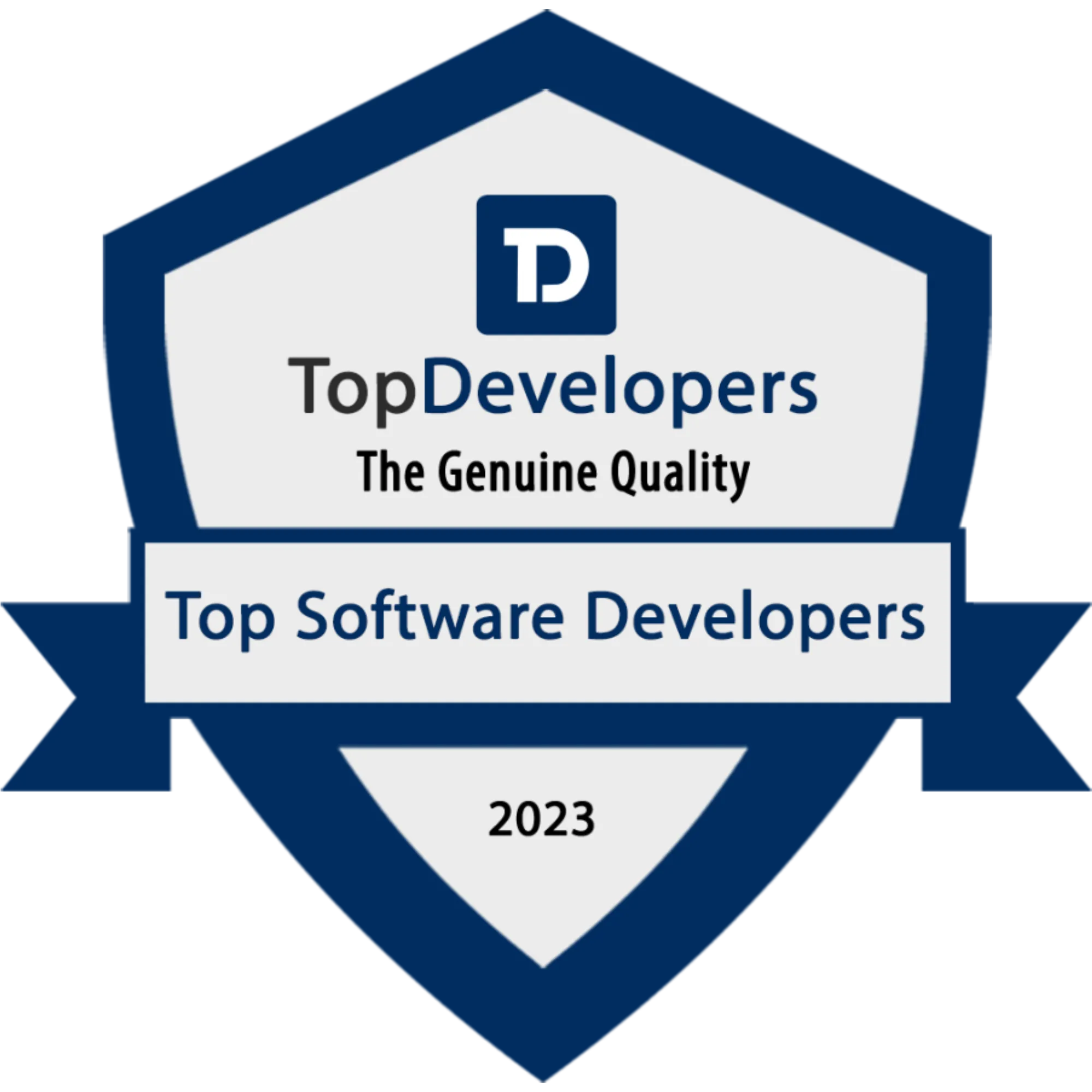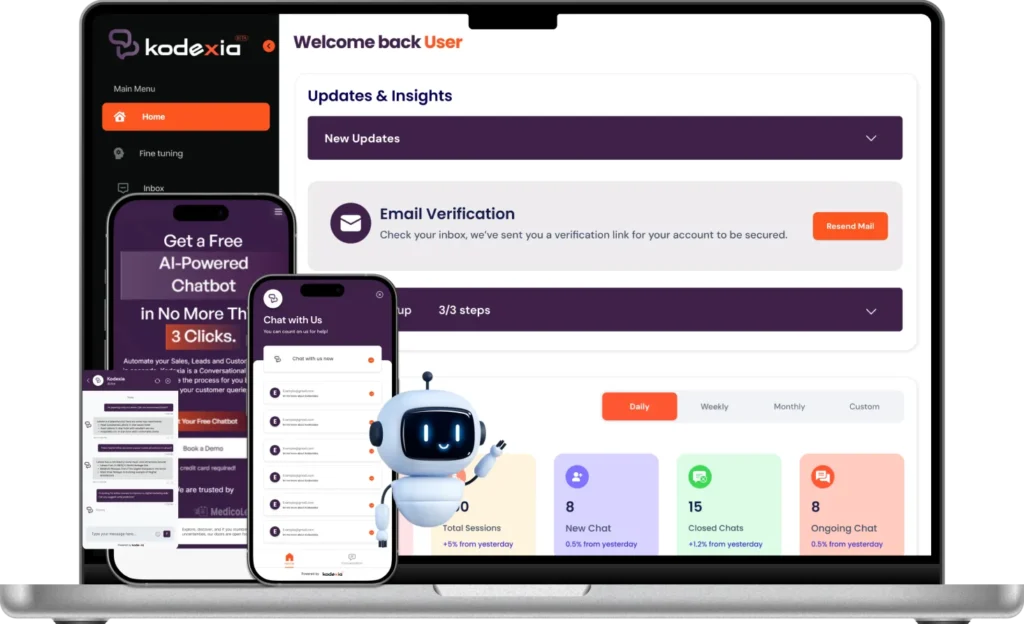What We Do
Generative AI
- Gen AI Development
- Gen AI Integration
- ChatGPT Dev & Integration
- Gen AI Model Development
- Gen AI Consulting
Product Designing
AI Development
ML Development
Software Development
- Software Development Services
- Custom Product Development
- Software Consulting
- Mobile App Development
- Web App Development
Data Engineering
Who We Serve
HealthCare
EHR Systems, AI based Interviews and Medical Imaging SoftwareEdTech
Personalized Learning, AI based Tutor Systems and Gamification ExperiencesFintech
AI powered Trend Forecasting and Predicative AnalyticsEnergy
Smart Grid Solutions and AI based Resource MonitoringAutomotive
Predictive Maintenance, Driver Assistance and AI ChatbotsReal Estate
AI Home Management and AI based Real Estate Evaluation SystemsIT and Tech
AI powered Ticket Generation and Automated Software ProductionMarketing
Customer Churn Prediction, Customer Segmentation and AI based Analytics
Hire Dev
IT Staff Augmentation
On-demand Talent, Scalable Teams, Flexible HiringHire Software Developer
Custom Software, Full-stack, Agile DevelopmentSoftware Development Outsourcing
End-to-End, Project-based, Flexible EngagementHire AI Developer
AI Solutions, Machine Learning, Custom ModelsHire Offshore Developer
Remote Teams, Cost-efficient, Dedicated ExpertsHire Data Engineer
Data Pipelines, ETL, Big Data SolutionsDedicated Development Team
Tailored Solutions, Seamless Collaboration, Scalability
Solutions
Custom Enterprise Solutions
Healthcare Software Solutions
Company
